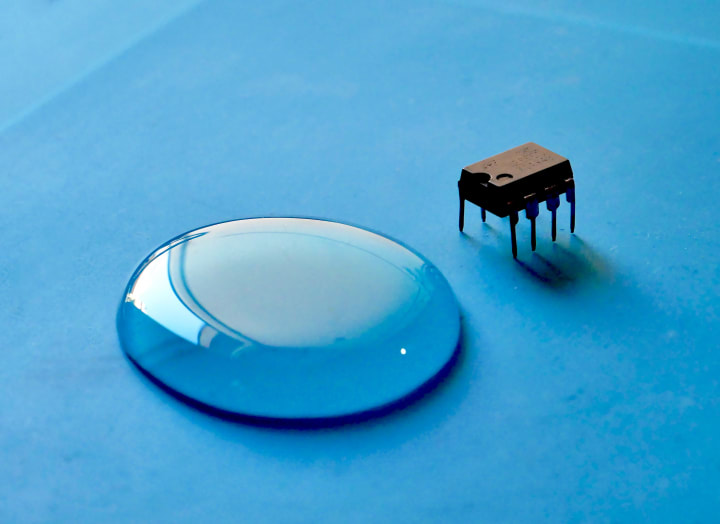
Now that the Pandemic has brought us closer to technology than ever, many people wonder what will brain chips bring to humanity. Movies like Matrix presented a reality where people could download information from a network directly to the human brain. Now, almost two decades later, we are very close to this technology becoming a reality with Neuralink. Tests have been conducted on animals and have shown that the interface is functional.
But what would such an implant bring to humans? Chip implants have been used for decades, helping people with disabilities. Cochlear implants, chips that help blind people to see or paralyzed people to walk have already been used successfully. The brain stimulation techniques help people with brain disorders, such as Tourette, Parkinson's disease, epilepsy, essential tremor, obsessive-compulsive disorder, or dystonia. In Sweden people already have chips implanted under their skin and which enable them to make payments, confirm their ID, pay for the train tickets or gain entrance to the gym.

Attaching a chip to our brain will probably fundamentally change the way the brain works. Since we shall be able to access information very quickly, the role of the brain will be less that of learning and remembering things, and more that of processing the huge amounts of information provided by the chips. School, the way we know it today, is likely to become a thing of the past. Children will no longer be forced to learn information by heart by reading books. The information will probably be easy to download and they will be likely to develop their creativity, by processing all this information to create new information.
Besides school, chips will also change the world in other domains. The soldiers of the future will be able to control robots with their thoughts. This way human lives will be saved, and machines will be sacrificed instead. Soldiers could become resistant to pain, have better hearing, and enhanced brain power due to chips. Microchips could release calming substances and improve their brain capacity.

Future medicine will also look different. Brain implants will change a person's mood. They will detect the patterns of brain activity associated with mood disorders and would use electric shocks to treat them.
Our memories could be digitized and thus either shared with other people or remembered at will. This way we could relive the happy moments we spent together with our deceased relatives. This superhuman capacity could also help solve crimes because the victims could accurately remember details that a normal brain would forget, thus helping the police catch the criminals. Memory sharing will also help therapists treat people who experienced traumatic events.
People will be able to communicate telepathically, thus making the phone useless. We shall be able to communicate using not only words but also images and emotions, thus enabling us to render a far greater flux of information than we could by using speech alone.

For people suffering from brain injuries, neurological diseases, for those recovering from strokes and concussions, these chips will be a help for restoring memories and recovering much easier.
The implant could also play a role in the development of human intelligence, by storing information, and by being an additional processing unit.
By means of this chip, we are one step further to obtain everlasting life. We shall become human-cybernetic hybrids. The next logical step would be to fully transfer the content of our brain to a computer and become truly immortal.
Although a chip can offer us great possibilities for development as a species, we always have to think about the potential dangers of such an invention, too, in order to be prepared and to come up with methods to combat those negative aspects. The main concern regarding Neuralink is the vulnerability of its chip to hacks and malicious attacks. If the chip gets hacked, the user could be turned against his own will. New viruses could be created that could lead users to act unethically and damage their mental health.






Comments
There are no comments for this story
Be the first to respond and start the conversation.